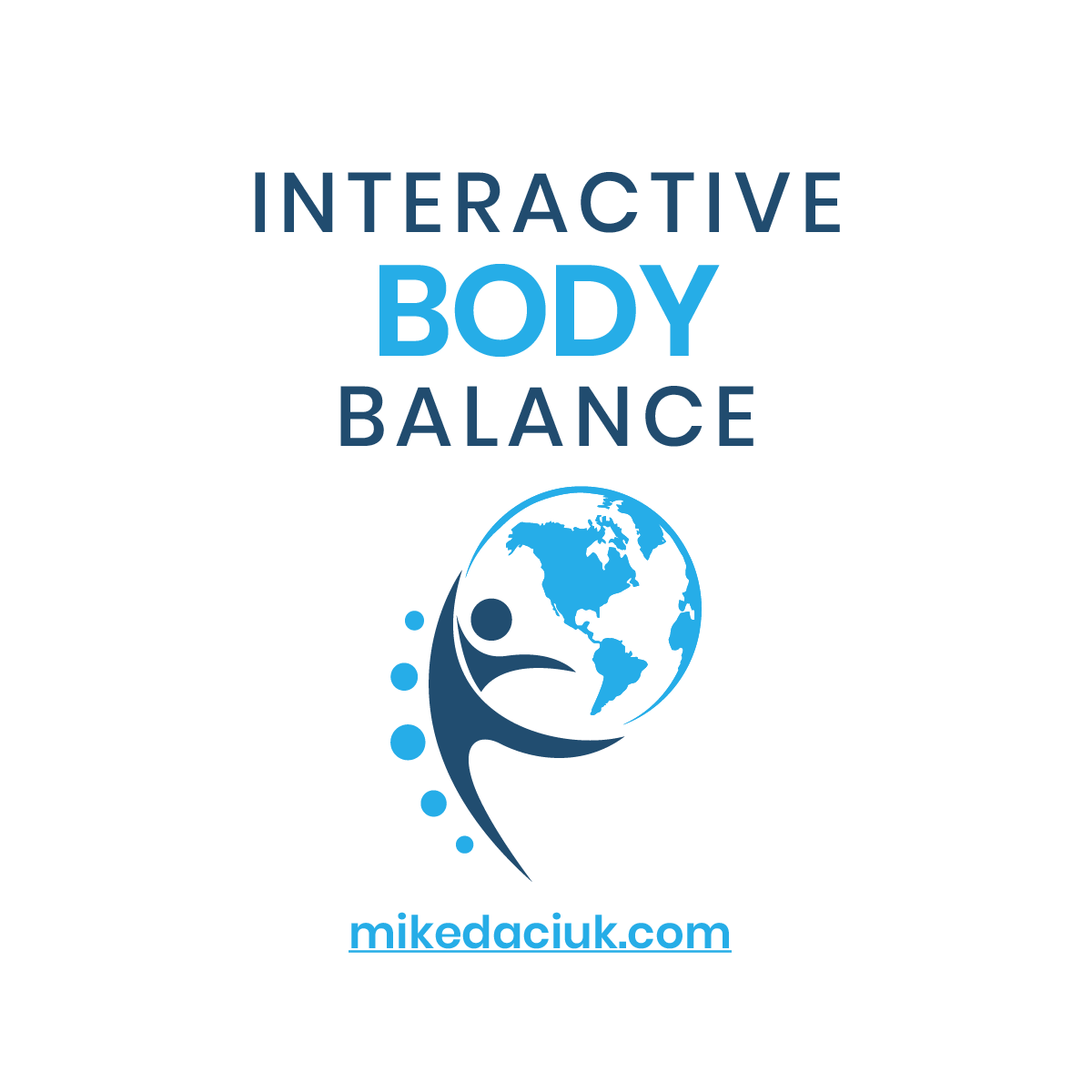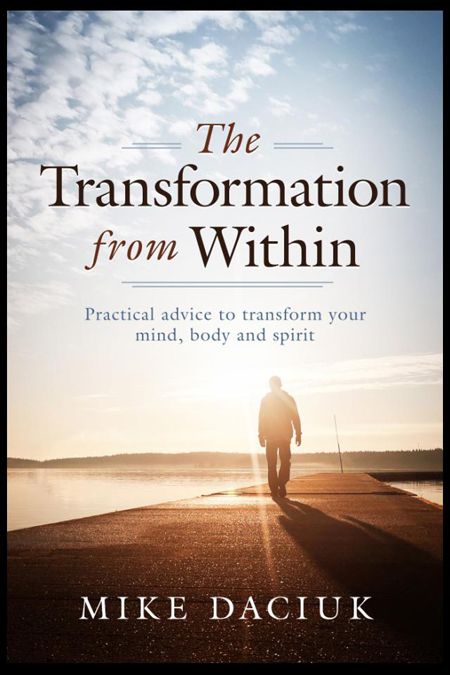Education
Education is perhaps the most important area in the journey of self-development and transformation. I completed a four year Honors Degree from Ryerson University, attended nutrition courses at Durham College and became a Certified Personal Trainer. In addition, I recently graduated from a Functional Diagnostic Nutrition (FDN) Program in California. From a technology standpoint, I have numerous certifications from IBM and various other programs around the world. I share this with you because although they were all important, most of my education comes from reading books and listening to podcasts. When I was transitioning from IBM to the Alternative Medicine field, I would listen to three hours of podcasts each day while I traveled from client site to client site. I would also study in the evenings and on weekends. My loving wife was very accommodating while I pursued my passion and this informal education was fundamental to my current success. I’m following the path I was meant to pursue. I can’t stress the value of podcasts and the content they offer for free. You can learn so much without spending tens of thousands of dollars on tuition. Find your passion and study everything you can on that particular topic. It is such a crucial element in your transformation and growth as a person.
What if you spent 20 percent of your income on education each year? That may seem outrageous but if you can double or triple your income, it becomes an obvious decision. From a professional perspective, you need to separate yourself from the people who are just content with a regular job. There is nothing wrong with a nine to five job, but the number one reason why people become depressed or experience a “mid-life” crisis is
because they are not seeing progress and they feel stuck doing a job they don’t want to do. They settle with mediocrity because they don’t have goals or their dreams appear impossible now. But the people that keep moving forward stay happy when they have hope and a vision. Hope allows you to think things are possible and worth pursuing. When you are studying or acquiring a new skill, you have a passion because you feel this new skillset will bring you additional possibility and options. I see many patients who start to experience early signs of cognitive decline in their 30’s, 40’s and 50’s. A major reason for that is because they don’t stimulate their brain cells and receptors. So it is important to never stop learning. This will keep your brain alert and in progression as opposed to decline.
One trait to cultivate is the hunger for determining the problem, assessing it and then moving right into solution mode with a calculated and measured response. This was never more evident for me than back in my early 20’s when I experienced a multitude of setbacks and self-inflicted problems. I studied why I acted out, why I drank too much, why I couldn’t always follow projects through to completion, and many other tendencies. It was in my reading of multiple books and sessions with a pastoral counsellor that I uncovered the answer. I was relentless in pursuing this because you need to understand why you do the things you do and why your brain is programmed a certain way. The knowledge and education you acquire during the process will benefit you. Be open and receptive to what you are about to learn and don’t fear the unknown. Those who seek righteousness will be rewarded for their pursuit. Invest in yourself and opportunities will appear that you never thought possible.
Gratitude
One of the best ways to change your thought process is to show gratitude. At first glance, it seems very basic and simple, but when you look at it more deeply you will realize that most people don’t properly grasp the concept. When you are thankful for the air you breathe, the ability to walk or the fact that you simply woke up in the morning, your thoughts begin to change for the better. For instance, we take that for granted in North America many luxuries and privileges that many people around the world don’t have or they struggle immensely to obtain. Far too many people complain about what they don’t have as opposed to the great things they do. This world has enough negative people so why not be the change and make a difference by speaking gratitude and hope? It takes just as much energy to be negative as it does to be positive. Why limit your growth and potential by speaking words of negativity over yourself? They do not help you or your mission in this life. Your words are very powerful and they will come to fruition so be careful which ones you choose.
I used to get up in the morning and worry about the long day ahead and everything I had to accomplish. But all that did was overwhelm me and make me less productive. Now I arise and thank God for all he has given me and all that is coming my way. I am thanking Him in advance for all that is coming. When we take the time to reflect and appreciate this earth and the perfection that it is, we illuminate our own day and make the ones around us better people as well. When you have gratitude, you appreciate the small things. This transcends onto the people who you interact with; nobody wants to be around negative people. Instead, they enjoy spending time with people who bring positivity and lift their spirits. Gratitude is the most underutilized gift you have because so many people have been conditioned to be the opposite.
Love
Love is the largest common denominator that unites people around the world. Giving love and feeling love are what people strive for. It gives them a sense of self-worth and fulfillment. That is why people get excited and nervous when they go on first dates or get married. Love lies deep within your soul and when you love someone, you connect with them on a deep, metaphysical level. People just want to be happy and love unconditionally. A number of studies have been conducted on the healing power of love, including one conducted by Harvard University and Boston Children’s Hospital studying orphans. The children were given unconditional love and they responded like never before. The 12 year study found that the brains of the orphans stopped developing properly after they were abandoned. Their ‘white matter’ – the part of the brain which helps neurons communicate – was significantly damaged by their ordeal leading to poor language skills and decreased mental ability. However, the researchers discovered that those children fortunate enough to find loving foster homes were able to regrow the missing connections and restore lost function.1
One thing that helped me along my journey was allowing myself to be vulnerable and find a partner that didn’t just support me but who also challenged me and allowed me to be more open. My wife Heather is very caring, compassionate and loving and she has taught me to love without reservation, to be open, and not be so guarded. She’s taught me to love even through faults and weaknesses. I tend to be a perfectionist and want everything to fall into place exactly as it should. In the past, I have also thought there was only one way to complete a project or task. Through love, she has showed me that everyone is different and people have different ways of expressing their love for one another. This has been very difficult for me because I am very independent and self-motivated. But I have come to realize that you can’t do it on your own and people provide encouragement and constructive criticism because they love you. I have learned to accept love and grow as an individual and in return, have learned to give more back.
Mike
www.mikedaciuk.com
1: Margaret A. Sheridan, Nathan A. Fox, Charles H. Zeanah, Katie A. McLaughlin, and Charles A. Nelson III. “Variation in neural development as a result of exposure to institutionalization early in childhood.” PNAS, July 23, 2012 DOI: 10.1073/pnas.1200041109



